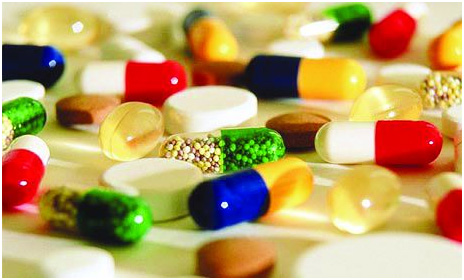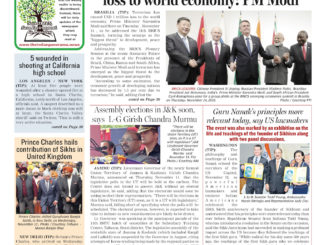
New Delhi (TIP)- A significant new Lancet study has revealed that unapproved antibiotic formulations constituted 47.1 per cent of all antibiotics consumed in the private sector in 2019 signalling the need for stricter regulations.
The study said that although the per capita private-sector consumption rate of antibiotics in India is relatively low compared with many countries (including Sri Lanka and Pakistan), India consumed a large volume of broad-spectrum antibiotics that should ideally be used sparingly.
“This, together with a significant share of fixed dose combinations (FDCs) from formulations outside the National List of Essential Medicines and a large volume of antibiotics not approved by the central drug regulators, call for significant policy and regulatory reform,” the authors said.
They examined the private sector antibiotic use, which contributes to 85-90 per cent of the total consumption in India and measured the use in daily defined doses (DDDs).
The study found total DDDs consumed in 2019 in India was 5,071 million (10.4 DDD per 1,000 per day).
Formulations listed in the NLEM contributed 49.0 per cent (2,486 million DDDs); FDCs contributed 34 per cent (1,722 million), and unapproved formulations contributed 47.1 per cent (2,408 million DDDs).
This is the first published study analysing private sector consumption of systemic antibiotics in India using the DDD metrics. Per capita consumption rate of 10.4 DDDs in India was found lower compared to 2015 (13.6 DDDs). In the Asian context, Sri Lanka registered a higher DDD of 16.3, China and Pakistan reported 8.4 and 19.6, respectively.
Azithromycin 500mg tablet was the most consumed antibiotic formulation (7.6%) followed by cefixime 200 mg tablet (6.5%). Cephalosporin was the most used antibiotic class (29.5%) followed by penicillin (17%) and macrolide (16.5%).





Be the first to comment